
Introduction to Vaccines and Immunization
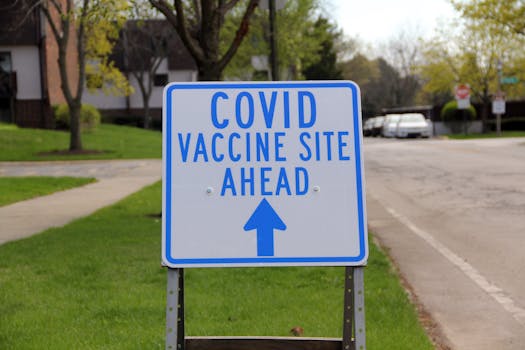
Understanding the science behind vaccines and immunization is crucial in today’s world. Vaccines play a vital role in preventing infectious diseases and protecting public health. This article delves into how vaccines work, their development, and the importance of immunization.
How Vaccines Work
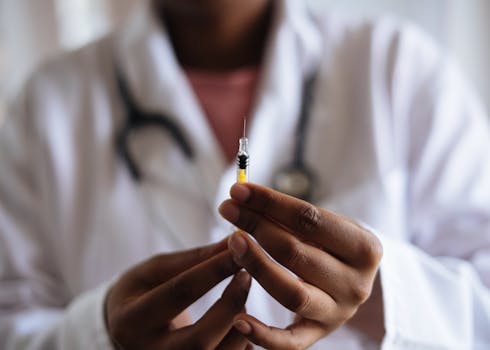
Vaccines stimulate the immune system to recognize and fight pathogens. They contain antigens that resemble disease-causing microorganisms. When introduced to the body, these antigens trigger an immune response, allowing the body to develop immunity without suffering from the disease itself.
The Development of Vaccines
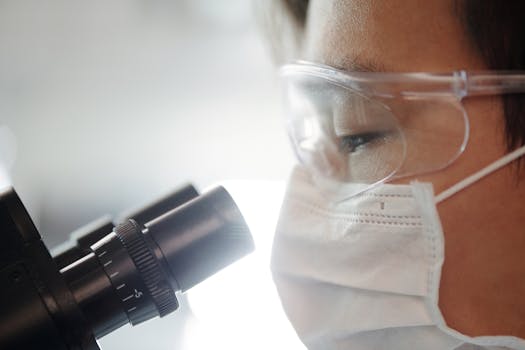
The vaccine development process involves several phases, including laboratory research, clinical trials, and regulatory review. Researchers identify potential antigens and test their effectiveness and safety in controlled environments before they can be approved for public use.
Types of Vaccines

There are various types of vaccines, including live-attenuated, inactivated, subunit, and mRNA vaccines. Live-attenuated vaccines use weakened forms of the virus, while inactivated vaccines use killed pathogens. Subunit vaccines contain only parts of the virus, and mRNA vaccines provide instructions for cells to produce antigens.
Importance of Immunization
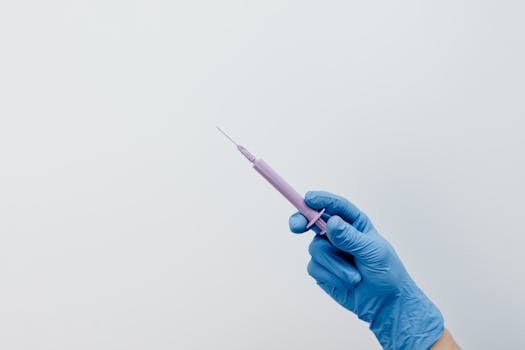
Immunization is essential for maintaining herd immunity, which protects those who cannot be vaccinated, such as infants and individuals with certain medical conditions. Vaccines have been instrumental in reducing the incidence of diseases like measles, polio, and influenza.
Addressing Vaccine Hesitancy
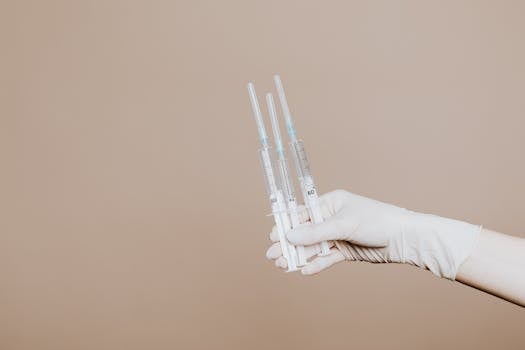
Despite the clear benefits, vaccine hesitancy remains a challenge. Misinformation and fear can lead to reluctance in getting vaccinated. It is vital to provide accurate information and address concerns to encourage immunization.
Conclusion

Understanding the science behind vaccines and immunization is key to promoting public health. Vaccines save millions of lives each year, and embracing immunization is essential for a healthier future.





